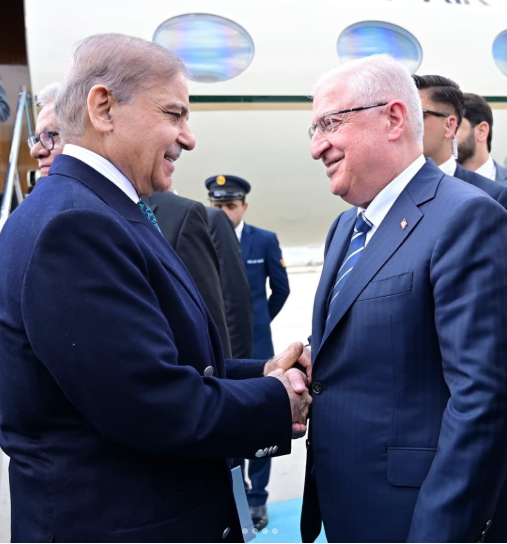Ducky Bhai Case: Pakistan’s Influencer Economy Faces Its Toughest Test
Pakistan’s digital content ecosystem has been shaken by the arrest and judicial remand of Saadur “Ducky Bhai” Rehman, one of the country’s most popular YouTubers. Accused of promoting gambling and betting apps, the case has snowballed into a larger probe about influencer marketing, financial transparency, and digital regulation.
The Case Timeline
- Arrested in August 2025 at Lahore’s Allama Iqbal International Airport.
- Accused of promoting gambling and betting platforms such as Binomo, 1xBet, Bet365 and others.
- Allegedly ran over 50 campaigns, earning up to Rs 5.5 million per promotion.
- Booked under PECA 2016 (electronic fraud, spamming, spoofing) and Pakistan Penal Code (cheating, dishonest inducement, prize schemes).
- Initially placed on repeated physical remands before being sent to 14 days’ judicial remand.
- Filed a bail petition, arguing the FIR was false and that no victims of financial loss have come forward.
Creators Already at Risk / Under Investigation
Several influencers besides Ducky Bhai are now involved in investigations or have received notices. These creators are at risk due to alleged involvement in promoting unlicensed gambling or trading apps:
| Creator | Status / What They’re Facing |
|---|---|
| Rajab Butt | Summoned by authorities to explain alleged promotion of online gambling apps. |
| Mudassar Hassan | Arrested, remand extended; accused of promoting betting and gambling apps. |
| Iqra Kanwal | Summoned; given notices; in legal process and seeking more time due to pregnancy. |
| Muhammad Anas Ali | Called in by authorities; currently under investigation. |
| Muhammad Husnain Shah | Summoned along with others for the gambling app promotions case. |
| Nadeem Mubarak (Nani Wala) | Served a notice for allegedly promoting illegal trading and gambling apps. |
The Money Trail
- Influencers reportedly received millions of rupees per campaign.
- Some campaigns paid up to USD 20,000 for a single promotion.
- Payments were routed through sponsorship deals that bypassed taxation and regulatory oversight.
- The unregulated inflow of money created risks of capital flight, money laundering, and tax evasion.
Industry-Wide Shock
The scandal has forced Pakistan’s influencer and digital marketing industry to rethink its practices. Agencies and brands that once relied on creators for reach now face new risks of legal exposure and reputational damage.
Key Implications
1. Influencer Marketing Risks
Easy, high-paying deals with betting apps are now liabilities. Many influencers are pausing or cancelling contracts in fear of legal action.
2. Regulatory Tightening
The crackdown highlights a shift towards stricter enforcement. Influencers will now need to disclose paid promotions, verify legality, and ensure compliance with consumer protection laws.
3. Financial Leakages
Betting platforms operating without registration drained money abroad, creating tax losses for the government. The crackdown aims to stop these leakages.
4. Public Trust & Credibility
Creators promoting risky apps have lost credibility with audiences, raising questions about ethics in influencer marketing, especially as many young people are affected.
5. Market Shift
A pivot is expected towards safer categories like lifestyle, fashion, and tech—away from “get rich quick” schemes.
Public & Industry Reactions
- Public sentiment is divided: while fans express sympathy, many demand strict punishment, citing losses caused by gambling apps.
- Critics argue that influencers must take moral responsibility, not just financial gain.
- Industry insiders admit the earnings were huge but agree regulation was inevitable. Agencies predict tighter contracts, more compliance, and insurance clauses in future deals.
What This Means for Pakistan’s Digital Future
The Ducky Bhai case could become a turning point for Pakistan’s influencer economy. It demonstrates that:
- Transparency is no longer optional.
- Compliance will define survival in the influencer space.
- Financial oversight of the digital economy is tightening rapidly.
- Consumers are demanding accountability from both creators and regulators.
Conclusion
Ducky Bhai’s case is more than an isolated controversy—it is a warning sign for Pakistan’s entire digital ecosystem. The message is clear: content creators, agencies, and platforms must adapt to transparency and compliance, or risk losing not just money, but credibility and freedom.



